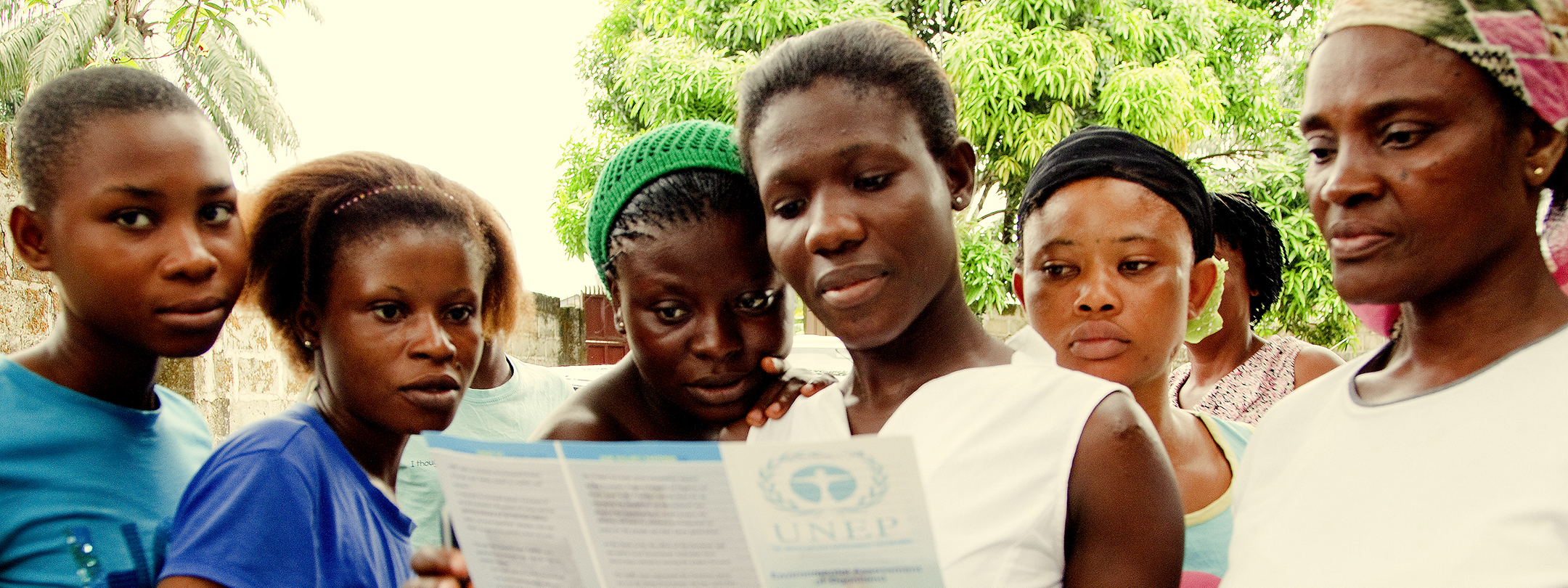Did Human Security Forget the Humans? Critically Assessing Evaluations of Interventions With A Human Security Dimension in Sri Lanka
Publisher: Conflict, Security, and Development
Author(s): Albie Sharpe, Husna Razee, and Anthony B. Zwi
Date: 2020
Topics: Assessment, Governance, Monitoring and Evaluation, Programming
Countries: Sri Lanka
During the ceasefire agreement in Sri Lanka between 2002 and 2006, a number of countries provided overseas development aid under the aegis of human security – most notably, Japan and Norway. Evaluations of such projects are essential in identifying good practice and providing an evidence base for future funding. However, for the insights of such evaluations to be seriously considered, their approach and methodology ought to be scrutinised. This paper therefore examines the evaluations to determine how well they were able to answer questions regarding human security-related interventions in Sri Lanka from 2002 until the end of the war in 2009. It looks specifically at how human security was operationalised, community participation in evaluations, and how well gathered data supported the evaluators’ findings. Based on the findings, we argue that evaluations of human security projects should employ the same principles as human security itself: incorporating a holistic model, exploring interactions between disparate components, placing human rights and community empowerment at the centre of the framework, and examining the broader effects on communities and environments.
